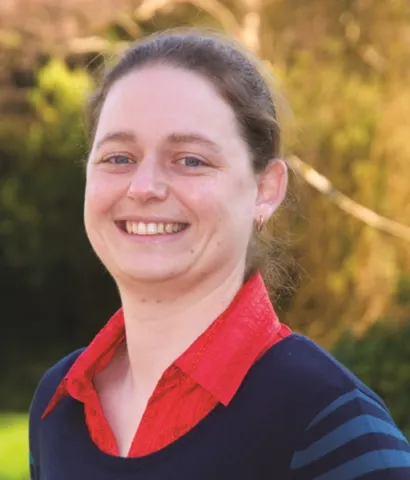About the project
Antarctic Intermediate Water (AAIW) is a water mass with global distribution, storing carbon and heat away from the atmosphere. Yet, there is no consensus on how this water mass is renewed by surface processes and how it is influenced by, and feedbacks on, climate change. This project will investigate how AAIW is formed and how it is changing.
The Antarctic Intermediate Water (AAIW) is formed in the Southern Ocean and ventilates the global ocean lower pycnocline, where it appears as a distinct salinity minimum. In the AAIW source region:
- ocean warming has been registered for recent years (at least during the second half of 2010s compared with pre-2005 records)
- westerlies have been intensified, and
- sea ice extension has reduced in recent years.
Therefore, AAIW is a sensitive water mass for climate changes and can propagate these changes into the ocean interior. Although AAIW is found globally, several lines of evidence suggest that air-sea fluxes drive the net formation of only a small volume of water in the AAIW density range, which opens the questions: How is the AAIW layer ventilated? Does AAIW contribute to the meridional overturning circulation at all? How do climate changes affect the properties and subduction of this water mass?
This project will use a vast range of observations, ocean modelling and reanalysis to investigate the following specific questions regarding the AAIW.
- Is AAIW formed everywhere in the Southern Ocean, or it is formed in the Southeast Pacific and then advected toward other basins?
- Is this formation driven by surface fluxes or internal mixing processes? How does mixing contribute to determining AAIW properties in different basins?
- How do changes in the wind patterns and sea ice extension in the Southern Hemisphere affect or will affect the rates of ventilation of AAIW?
Unravelling these new and fundamental information about the AAIW characteristics and formation is essential to better understand processes and impacts on the global ocean circulation and how the ocean takes up and retains heat and carbon.
Supervisory team
The supervisory team includes supervisors from several organisations, including our INSPIRE Partners. Please contact the Lead Supervisor for more information about the team.
Training
The INSPIRE DTP programme provides comprehensive personal and professional development training alongside extensive opportunities for students to expand their multi-disciplinary outlook through interactions with a wide network of academic, research and industrial/policy partners. The student will be registered at the University of Southampton and hosted in the School of Ocean & Earth Science at the National Oceanography Centre Southampton. Specific training will include:
- Experimental design and quantitative skills for contaminant-based research questions
- Laboratory-based chemical analyses
- Microplastic techniques
- Molecular and physiological measurements
- Univariate and multivariate data analysis techniques
- Jellyfish life history biology and physiology
- Aquarium culturing techniques using specialist tanks
- Writing skills
